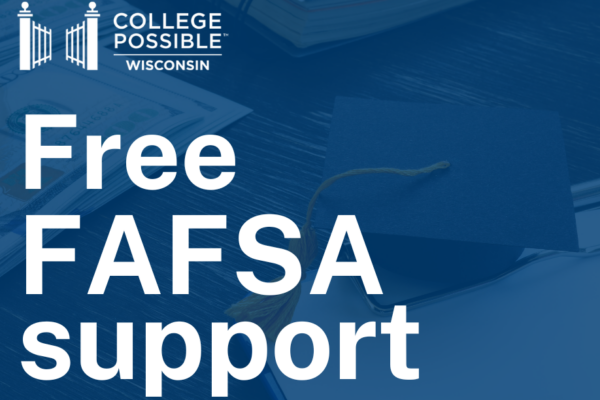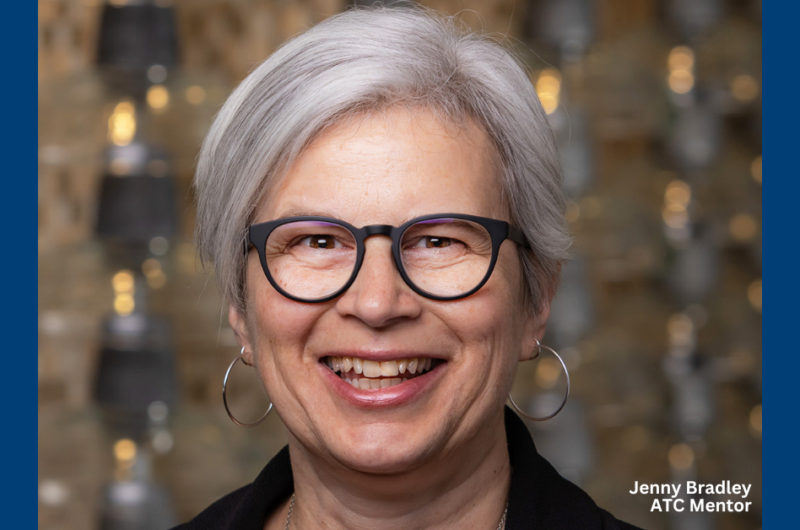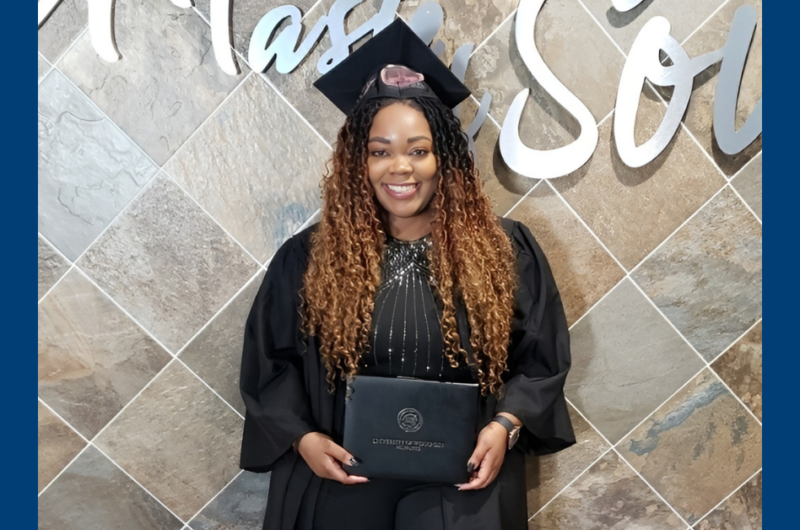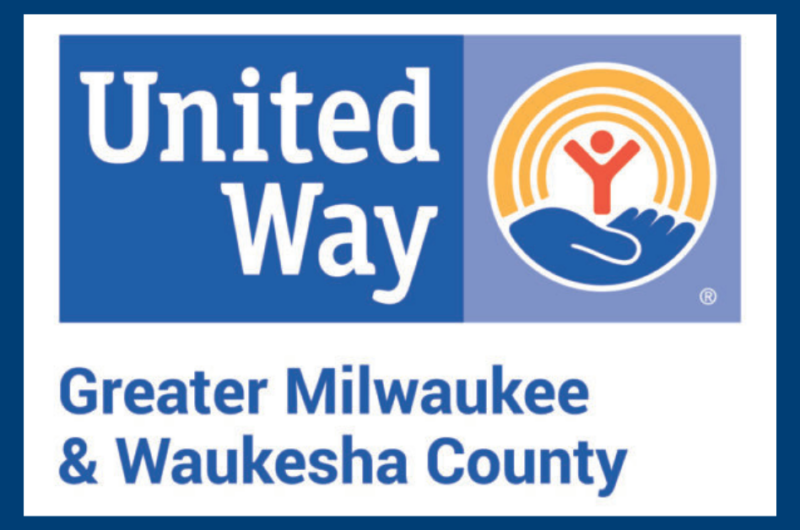Applying for financial aid is a critical step in seeking higher education for most Wisconsin families. This year, significant technical issues and delays with the rollout of a new FAFSA application system stopped many who had been considering college. Responding to the urgent need, College Possible Wisconsin is launching a state-wide campaign today to help more families understand and complete their FAFSA applications.
College Possible Wisconsin (CPW) has a 15-year history of helping students get into and graduate college. Assisting students in completing the FAFSA application is CPW’s top priority right now. Throughout the summer, CPW will offer free, one-on-one support to families needing to complete or update their FAFSA applications with financial aid experts. CPW also provides drop-in hours for the community, with laptops and guides to walk them through the college application and FAFSA processes without charging a fee.
Virtual help sessions:
Friday, 7/19 11:30-2PM
Saturday, 7/27 2-4PM
Wednesday, 7/31 5:30-7PM
Drop-in hours at the CPW office:
Tuesday, 7/23 12-3PM
Thursday, 7/25 12-3PM
Friday, 8/2 10-3PM
Tuesday, 8/6 12-3PM
Friday, 8/9 10 am-3PM
Tuesday, 8/13 12-3PM
Other FAFSA completion workshops:
Tuesday, 7/30 10-2PM at Mount Mary College
Friday, 8/30 12-2PM at UW-Milwaukee
Transportation assistance and snacks will be available at every drop-in event. Students and families looking to schedule one-on-one support outside of drop-in hours are encouraged to reach out to CPW staff at WIFAFSAsupport@collegepossible.org. Every completed FAFSA application will be eligible to receive a $25 gift card.
This campaign arrives at a critical time because the National College Attainment Network reports that completed FAFSA application rates in Wisconsin have dropped to 39.5% this year compared to last year’s 51.3% for all students. When breaking things down by demographics, the drop in FAFSA completion is much more stark—it lowered 14% for students of color and students from lower-income families. Because so many families are confused, disparities are increasing. But College Possible Wisconsin reports that students who have sought their help have a far-above-average FAFSA completion rate of 83%.
“This drop in FAFSA application completion in 2024 will take a toll on the Wisconsin workforce for decades to come,” said Executive Director of CPW, Marco Morrison. “But it is not too late to ensure a brighter future for yourself and your family. I want to encourage anyone who thought the FAFSA was too hard to drop by College Possible, and we’ll get you back on track to the future you truly deserve—and always without cost.”
Achieving post-secondary education increases one’s chance for a longer, healthier, and more stable life, that brings higher pay, job stability, and more opportunities. The Wisconsin Policy Forum reports nearly two-thirds of the state’s expected high-paying job openings through 2030 are projected to require a college degree. A well-trained workforce is critical to the future success of our state. Going to college provides a considerable advantage, and CPW is here to help anyone who wants a higher education but hasn’t seen it as a financial option.
CPW works with students throughout their entire college journey, connecting them to paid internships, continued grants and scholarships, and even other resources like living expenses, books, supplies, and account balances— things often not covered under traditional grants, scholarships, and federal loans.
For more information or to help with College Possible Wisconsin’s mission please visit: https://collegepossible.org/locations/wisconsin/
About College Possible Wisconsin
Since its founding in 2008, College Possible Wisconsin has empowered more than 4,180* students from under-resourced communities on their path to a college degree. Our pioneering model matches eligible students with near-peer coaches and an evidence-based curriculum designed to help them overcome the most common barriers to getting into college and completing their degree — all at no cost to students or their families.
Through our partnerships with area high schools and college institutions we are advancing college equity for the Wisconsin community.
*Fiscal year 2022



